The vocabulary you choose to pepper in your article will either have a positive or negative effect on your SEO. If a reader can’t absorb what you’ve written, they won’t remain on your page. Google takes this into account when ranking sites.
However, by choosing the expected vocabulary, you can create a positive impression on your target audience. Answer their question and you are deemed an authority on the subject. This has a very positive impact on your SEO ranking.
In this article, we’ll discuss the impacts of your vocabulary on your SEO. We’ll also look at how keywords and key phrases play a role in this.
Readability is key in SEO. But what is readability? It is the ease in which your target audience is able to digest written text.
Target Audience
Before you can decide what vocabulary you are going to use in your article, you need to determine who you are writing for.
- Are they technical or nontechnical?
- Do they talk in acronyms?
- Is there a vocabulary set that is unique to them?


Do your homework. I encourage you to visit the sites where your target audience hangs out. Who are their influencers? Do you notice common vocabulary being discussed? Are there catchphrases or slang that is unique to them?
For example, you’ve been hired by a craft brewery that just opened up. They’ve asked you to create the content around each type of beer they’re going to be serving.
You have to use the vocabulary that craft beer fans are expecting. Indian Pale Ale is a type of beer but it’s referred to as IPA by your target audience.
It’s okay to call it Indian Pale Ale one time, but then you should refer to it as IPA. It’s what your audience expects. If you aren’t using the expected vocabulary, your audience will not take you seriously.
Another example would be West Coast IPA versus New England IPA. If you are writing for a beer enthusiast you would compare the type of IPA you’re brewing with one of these styles.
This is writing for your target audience.
If you aren’t using expected vocabulary, you lose your authority. This has a negative impact on your SEO. Your audience doesn’t spend enough time on the site, and they exit quickly.
Choosing Your Keywords or Key Phrase
This is a part of your vocabulary also. Think about your target audience. Put yourself in their shoes. What would they be searching for?
Let’s take our craft brewery for example. Because they just opened, their goal is to let people know they exist. Here are a few keywords and key phrases you might consider using.
- Craft brewery near me
- Best local IPA
- Types of craft beer near me
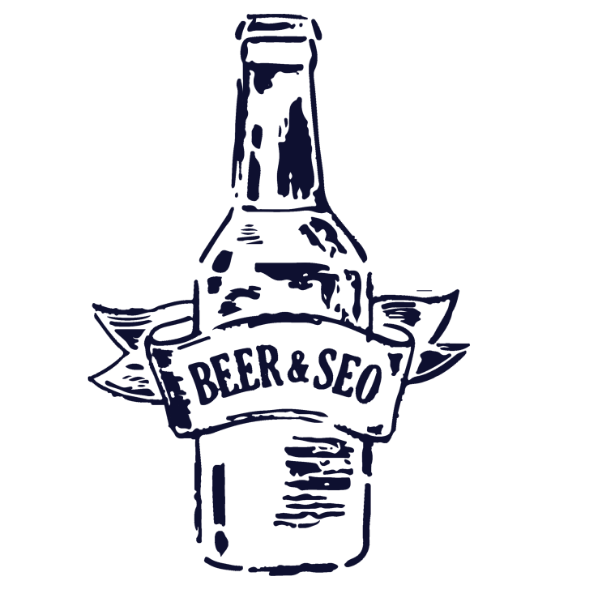

It’s important to develop a list of keywords that you are writing for. Let’s use “best local IPA” as our example.
Your article would compare and contrast your brewery’s IPA with other craft brewery’s IPA. This is an informative article that a beer enthusiast would be excited to read.
You obviously think your IPA tastes the best and it’s okay to say that. However, this article is not a slam to your competition or marketing materials for your brewery.
Your writing should position your IPA as something that a beer enthusiast would be excited to try. They should not feel like they have just stumbled on an advertisement.
Vocabulary’s Effect on SEO
SEO is really this simple. Your target audience types in their key phrase in Google. They are expecting that one of the top sites on the search engine results page will answer their question.
This is, of course, where you’re aiming for your site to be. Spend time on these sites. Notice the vocabulary that they are using.
Use of Technical Terms


If your audience is expecting a technical vocabulary, there are a few rules you need to follow.
- Make sure you completely understand what the terms mean. YouTube is a great resource. Listen to how they are being used. Remember you want to be an authority on the subject. The terms must be used correctly.
- Spell the words correctly. There is a good chance that if they are very technical vocabulary they will not be in spell check.
If you do not follow these rules, it will hurt your SEO ranking. Your target audience can spot a fake. Your explanation might be on point, but if you misuse technical terms or misspell them, you immediately lose your authority.
Use of Swear Words
My gut reaction advice is to avoid swear words like the plague. However, there is a time and place for them.
Writing for your target audience is the number one most important influence on your SEO. Curse words do have a place in our society.
Google doesn’t seem to have an official policy on swear words in website content.
However, it does appear that the number of curse words used and the severity of the meaning does have a negative impact on SEO.
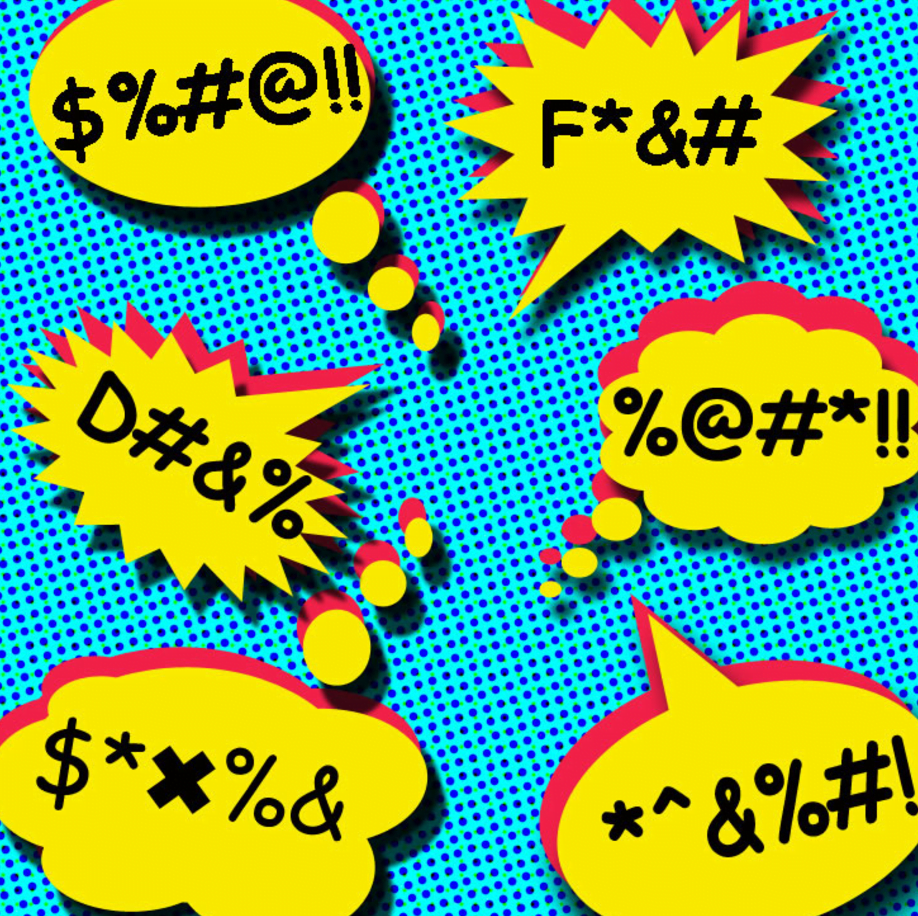

SafeSearch Filtering is a feature of Google Search and Google Images. According to Wikipedia, it acts as an automated filter for potentially offensive content.
If Google deems your site unsafe for an audience under 18, it might be filtered out by SafeSearch.
This negatively affects your SEO because you’ve now been censored and your site will not show in results.
Also, if you put curse words in your meta title or meta description, Google may choose to edit or rewrite them.
If you are a content writer for an industry that is commonly filtered by SafeSearch, then it seems the use of curse words is okay. Just don’t use them in your meta title or description.
If you are writing an article for an industry that is normally not censored by SafeSearch. It is a good idea to steer clear of inappropriate vocabulary. It’s just not worth the risk.
There is a Tool That can Help you Optimize Your Vocabulary
INK is a content writing tool that I’ve been developing for content writers like you. Among many other things, it analyzes the articles you are competing against.
INK looks at the vocabulary used by these sites. It tells you if your content is at the same reading grade level as your competition.
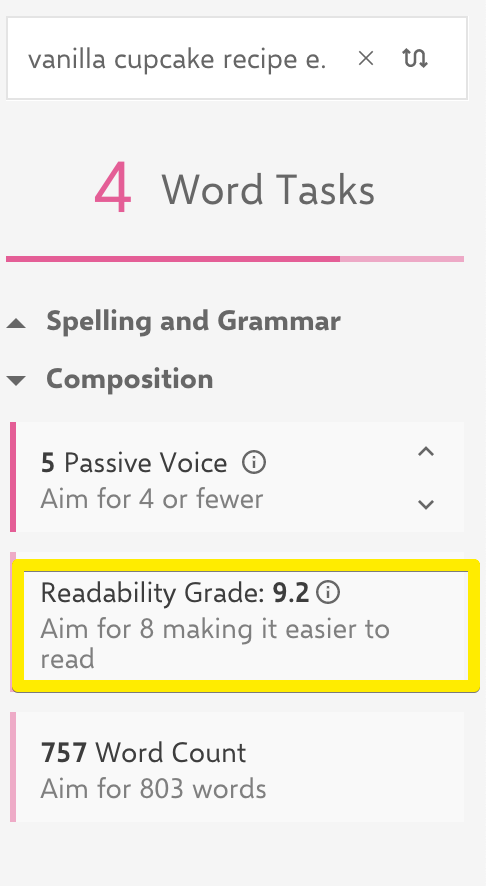

Every content writer is focused on achieving the highest site ranking possible. INK analyzes the competition, giving you real-time data.
It calculates the number of words of your competing articles and compares them with yours.


INK also takes into account the indirect factors of readability. It indicates sentences that are too complex for your target reading level. This ensures a consistent flow of information without readers exiting too soon.
Always remember that sentences need to be short and concise if that’s what your target audience is expecting.
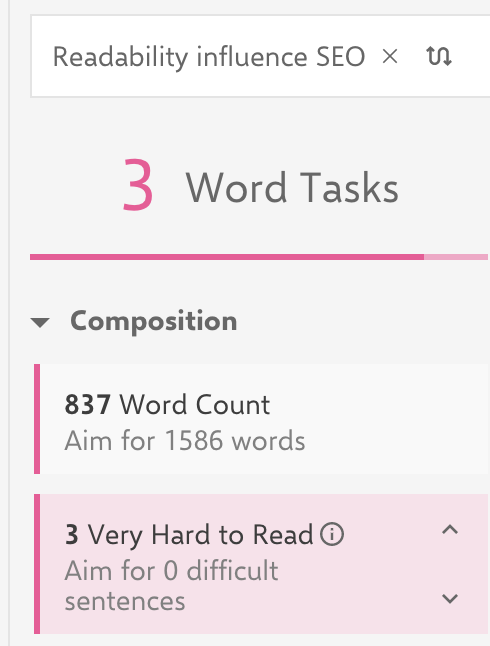

INK performs a number of other tasks that improve your site’s readability. It checks for grammatical errors, misspelled words, complicated sentence structure, duplicate sentences and overuse of adverbs.
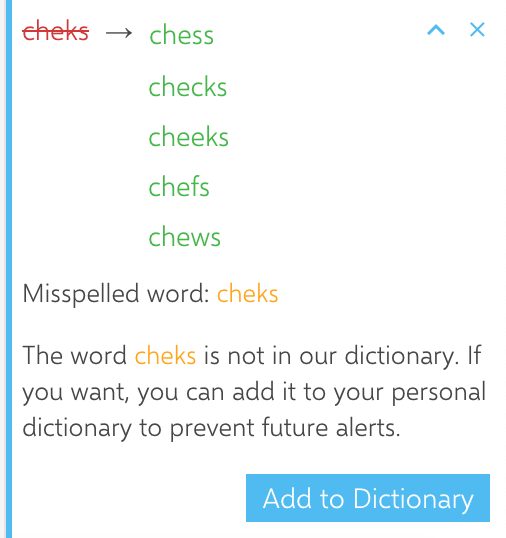

INK also notes if there is an overuse of passive voice. This is important in your ranking. You want to position yourself as an authority on the subject. Your reader should want to hang out longer and maybe even shares your content with others.
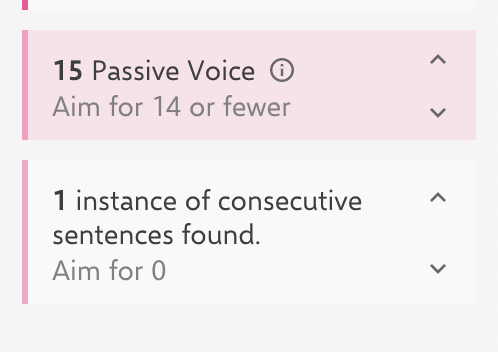

INK optimizes your images automatically when you load them in your document. This is another component of creating great content. You don’t have to worry about your page loading too slowly and hurting your SEO.
Also, part of the content writing tool is an image ALT text option. This is another vital part of search engine optimization.
I’ve written this article in INK. It’s free to download this valuable tool. See just how much higher your content can rank.


Comments (0)
Least Recent